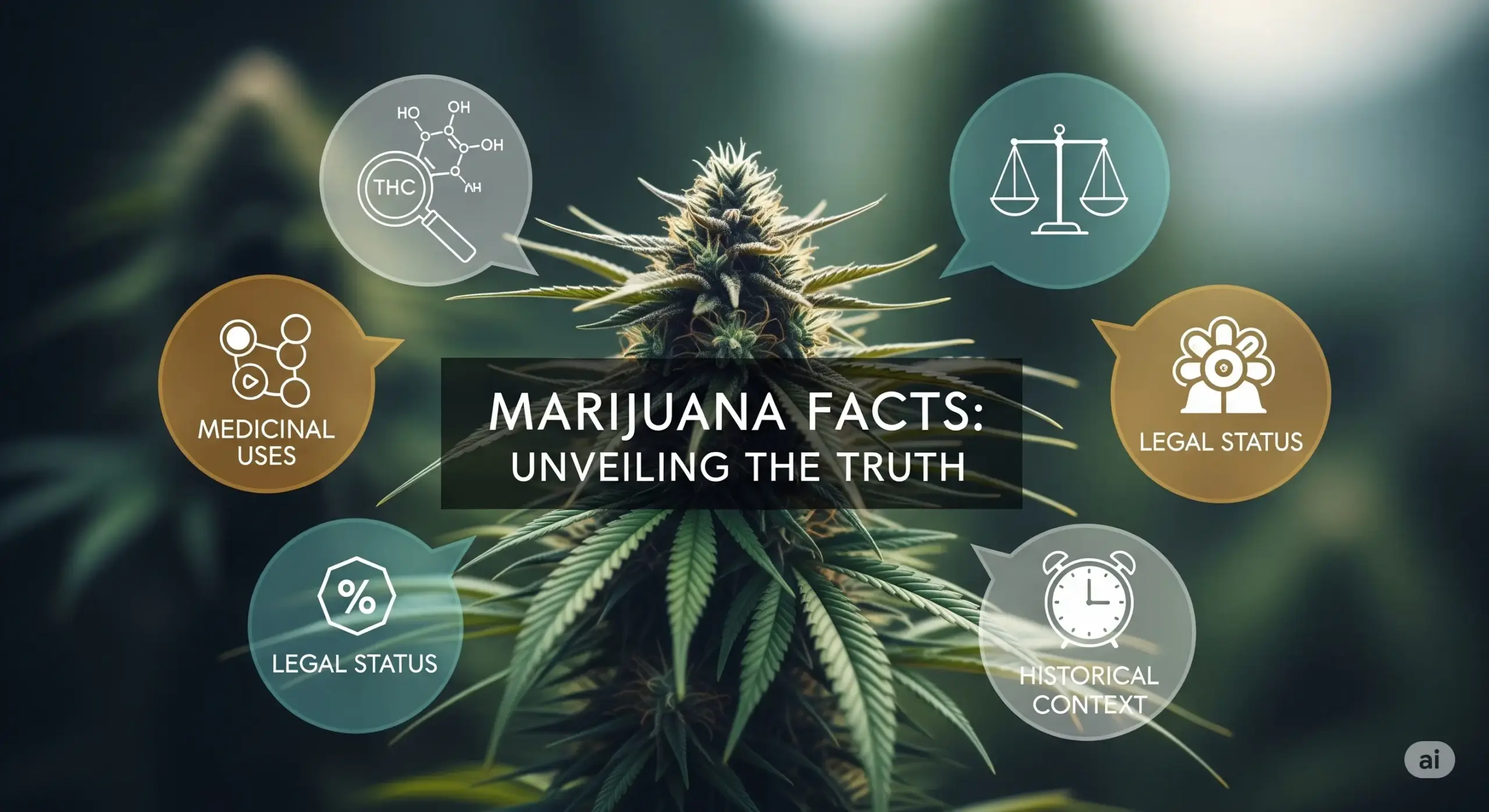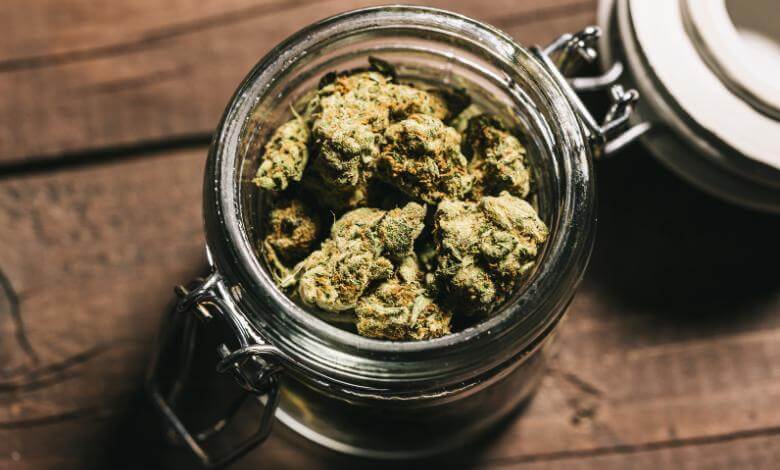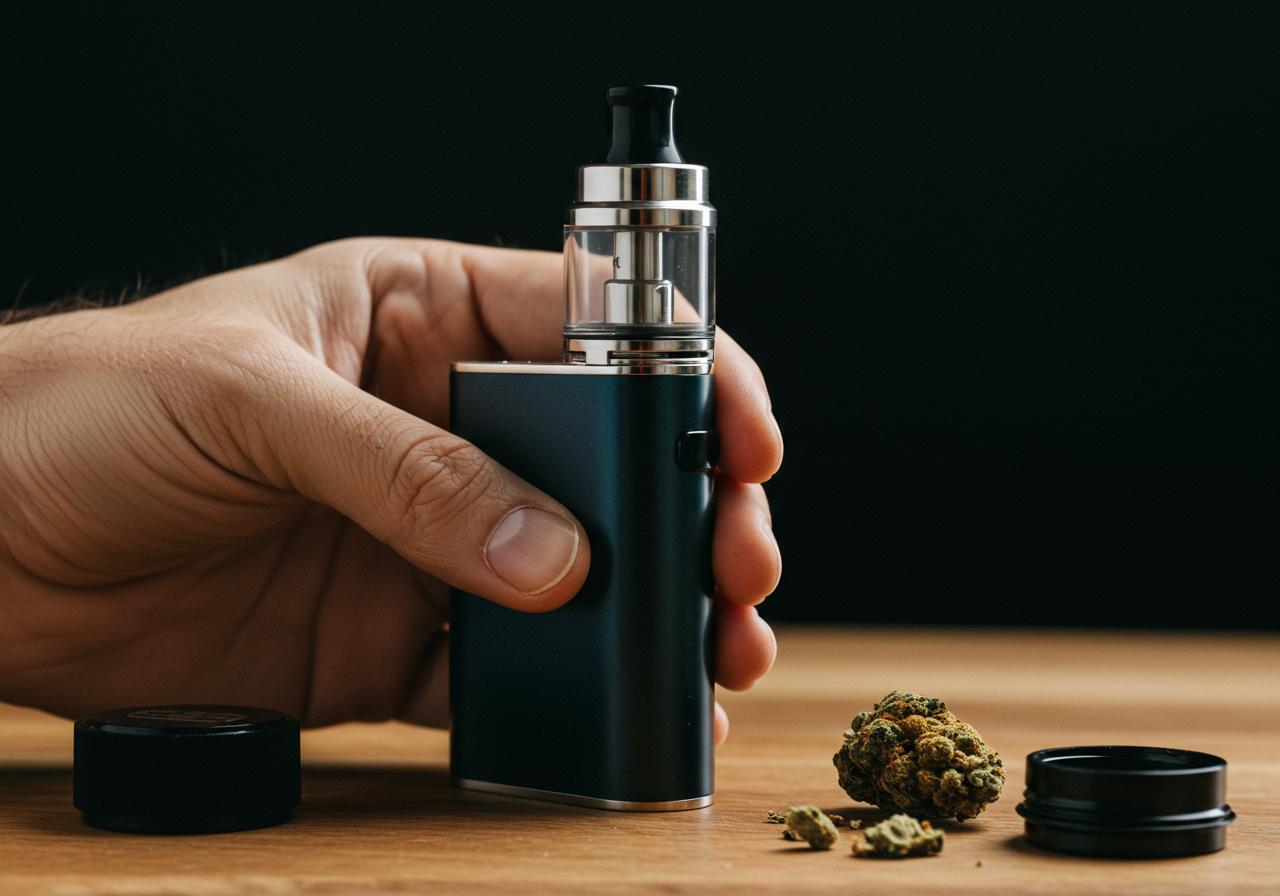Is Weed a Drug? Facts About Marijuana
Published on February 2, 2023
Last Updated on January 6, 2026

Picture this: A sunny field, green and lush, tall plants swaying in the breeze. In those plants is something that has sparked debate, curiosity, and more – yes, marijuana. Some say weed, others cannabis. What’s it all really mean? Well, let’s talk.
The cannabis plant has been thought about, whispered of, and sometimes misunderstood. Weed, marijuana, cannabis – whatever the name, it’s been around for centuries. Ancient cultures knew of it, in rituals or healing. Today, we’re asking if it’s a drug. And it’s a question that matters, trust me.
The Cannabis Plant
The cannabis plant, known as Cannabis Sativa, is like a celebrity with many roles. Known variants, like Cannabis Indica and Cannabis Ruderalis, add to its complexity. But it’s not just about leaves and stems. What gives this plant its fame? Cannabinoids.
THC vs CBD
The stars of the show: THC (tetrahydrocannabinol) and CBD (cannabidiol). THC is the one that gets the buzz – pun intended – for intoxicating effects. CBD, though, is more about a soothing tale, calming without the high. Each cannabinoid dances with our body uniquely. It’s all in the roles they play, you see.
Forms of Cannabis Products
Products come in forms aplenty. Flowers, the classic choice, are just the start. Hash oil (or its fancy name, cannabis oil) is another. Then, those creative edibles, tickling taste buds while packing a punch. Synthetic cannabinoids are round for lab-made intrigue. Options, options. They say variety is the spice of life, right?
Is Weed Considered a Drug?
When we toss around the word “drug,” it’s weighty. Medically, a drug can alter how bodies work. Even a cup of coffee fits! Legally, it’s a touch different.
Definition in Medical and Legal Terms
Marijuana rides this line. Law-wise? Controlled Substances Act wraps it in a tight grip. Schedule I, they call it. It’s a label carrying notions of abuse with no medical boon.
Views of Major Organizations
The Drug Enforcement Administration (DEA), big voices in the conversation, see it through a cautious lens. A drug or a therapeutic herb? The debate rages on.
Medical Cannabis vs. Recreational Marijuana
So, medical cannabis and recreational marijuana, is it like apples and oranges or just varieties of the same apple?
Distinction Between Medical Cannabis and Recreational Use
Medical cannabis, folks, isn’t just buzzwords. It’s crafted for healing, from chronic pain relief to cancer symptom easing. Made with precision, a doctor’s guidance makes it tick.
Common Medical Conditions
Conditions like anxiety, epilepsy, and more find relief here. But, aha, recreational use is more about the feel-good vibes. Think relaxation and altering mood. It’s all in the intent.
Controversies and Public Health Considerations
Legalization is no straight road. It comes with questions, a society-wide quiz on ethics, health, and law. People have opinions, and public health figures into it all.
Cannabis Use and Mental Health
Now, step carefully. Marijuana meets mental health, and things get intricate.
Potential Mental Health Effects
For some, it soothes. Others, it may unsettle, poking at anxiety or stress. Knowledge varies, and it’s wrapped in layers. Some find clarity; others feel jagged edges.
Risk Factors and Signs of Cannabis Use Disorder
Cannabis use disorder – it’s not just words on paper. For those who struggle, marijuana addiction can mimic disorder. Watch for signs. It’s about patterns and the grip of usage, ever-tightening.
Connection with Mental Health Disorders
Anxiety, depression, it ties together like vines. Some say relief; others see worsening. Mental health’s a dance, and weed is just a partner.

Marijuana Addiction and Drug Abuse
The debate spirals: Is marijuana addiction real? Or is it speculation?
Exploration of Addiction: Myth or Reality?
Some say no, it’s not addictive. Others argue it’s very real. Patterns of dependence whisper stories, and addiction isn’t about substance alone. It’s experience too.
Potential Gateway Drug
Ah, the Gateway Drug theory. Some see marijuana as a stepping stone. Others view it as standing alone, not leading to darker alleys. Opinions? Varied at best.
Substance Abuse Trends
The patterns, they shift. Marijuana’s role in this play, crucial. It pops up in surveys, stats, and the dialogue of substance use.
Health Effects of Marijuana
Short or long-term, health effects speak volumes.
Short Term Effects
Euphoria, memory haze, judgment getting a little foggy. The short term effects, often immediate.
Long Term Effects
Lungs, cognitive health, the stakes can rise. The long journey of smoking cannabis isn’t without footprints.
Ongoing Research
Health benefits? They’re whispered about. Risks? Documented, too. The conversation is ongoing, alive with possibility.
Legalization and Drug Policy
The winds of change are here. Marijuana legalization isn’t static.
Current Legalization Status
Many places have unlocked the doors, legally speaking. Others tread carefully.
Shifts in Public Opinion
Opinions flicker like fireflies, sometimes for, sometimes against. Policy makers, they adapt.
Public Health and Safety
Safety nets for the public, a priority always. How does marijuana fit? Tensions exist, undeniably.
Alternatives to Smoking Marijuana
For those not keen on smoke, options abound.
Non-Smoking Options
Edibles, oils, tinctures – the variety continues!
Health Implications
Beyond smoke, impacts differ. It’s a different ride entirely, comparing smoking to eating.
The Role of Mental Health Services Administration
Support is there, make no mistake.
Support and Resources
The Mental Health Services Administration, always at the ready, aids those in need.
Educational Initiatives
Education, prevention, the keys to navigating substance use smoothly, without harm.
Conclusion
So there you have it, the duality of marijuana, riding the line of drug and wonder plant. Decisions around cannabis use? It matters, it’s personal.
Marijuana research and societal impacts are ever-shifting. Questions remain, and what lies ahead will shape the dialogue even more.













